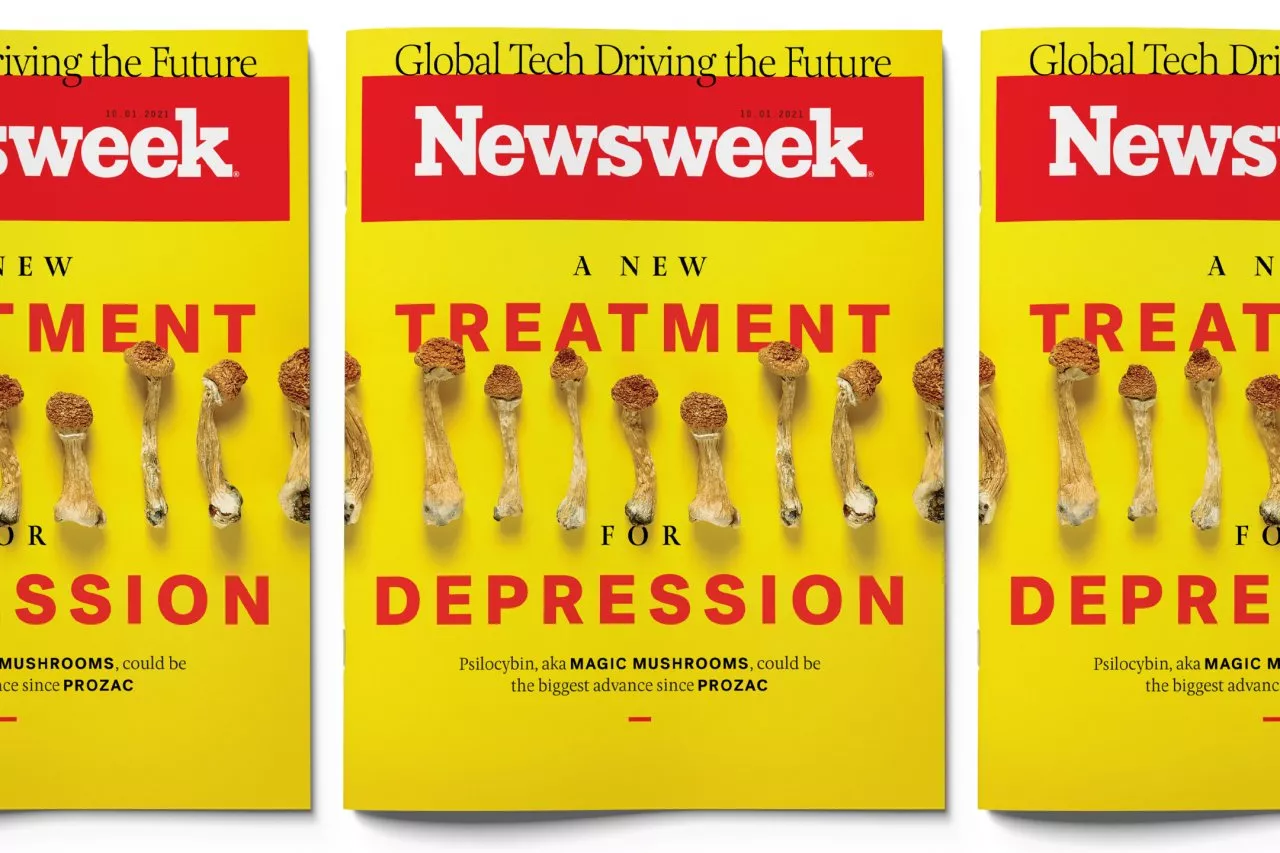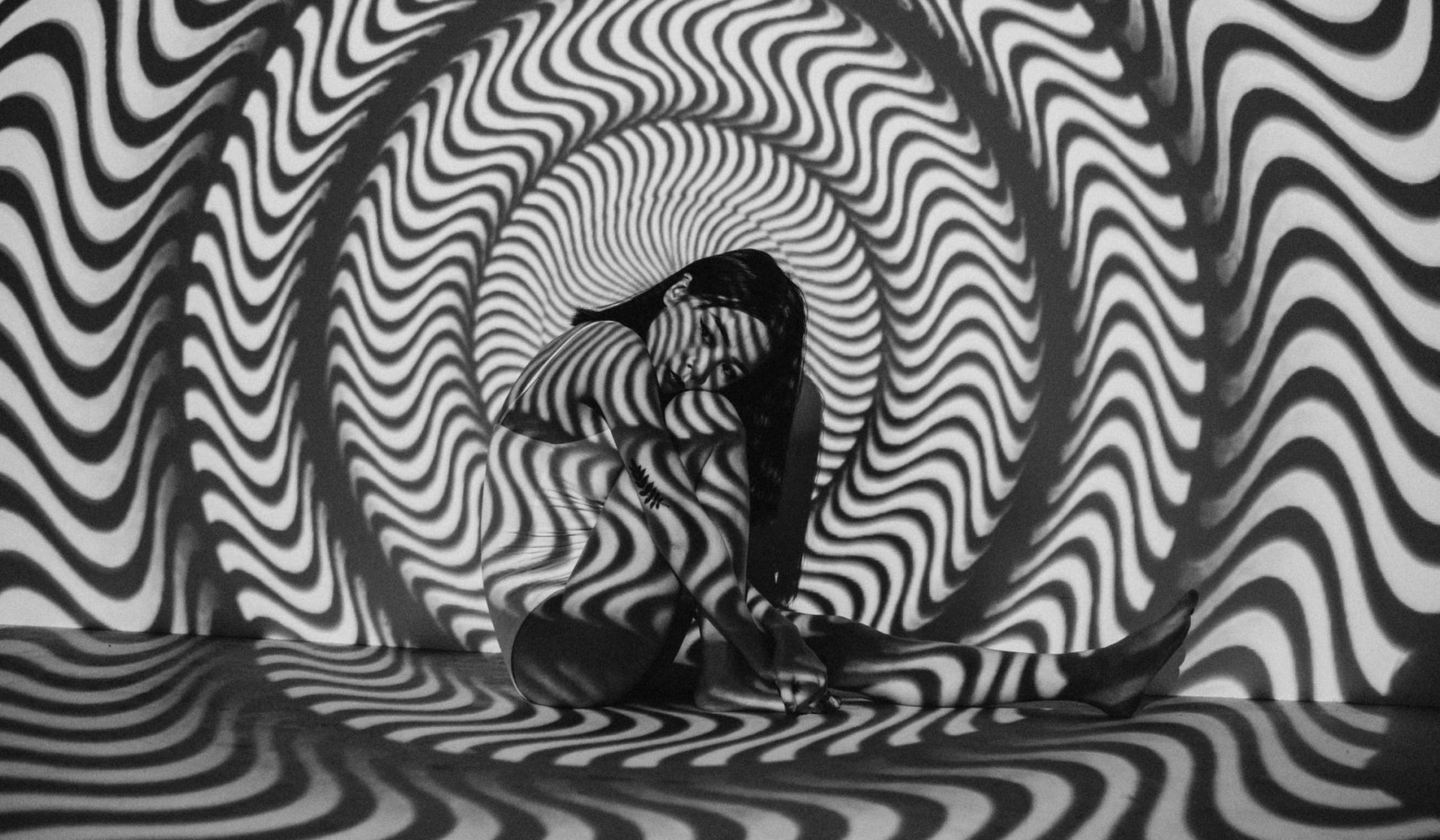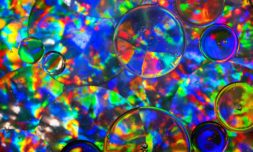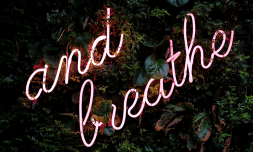Poised to be the hottest new therapeutics since Prozac, psychedelics have come a long way since their hallucinogenic hippy heyday.
Last year, upon discovering that a growing number of scientists had begun asking whether mind-altering drugs such as DMT, magic mushrooms, and LSD could help treat trauma, addiction, and depression, I posed a question: do psychedelics have the potential to transform mental health?
Almost twelve months on, and the answer is – irrefutably – yes.
So much so, in fact, that these substances have finally made their return to mainstream media, following a lengthy hiatus brought on by controversy surrounding their recreational use in the 60s.
Up until now, major news outlets have been hesitant to even discuss them. And the few and far between stories we were given have only managed to contribute further to long-held public stigma by warning against psychedelics with salacious tales of horror about ‘bad trips’.
In neglecting to report on the vast history of their use as an aid in cross-cultural personal and collective healing, this set us back considerably in our wider struggle to understand (and in many cases fix) the human mind.
But they’re back, and with a bang at that. One simply needs to glance at the cover of Newsweek’s September issue calling psylocibin the biggest advance since Prozac to recognise this.

Not to mention Rick Doblin’s recent leap forward in his quest to garner societal acceptance of psychedelics.
A pioneering researcher and founder of MAPS, the results of his study on MDMA-assisted therapy to cure PTSD have just been published in Nature Medicine.
Progress, unsurprisingly, has been snowballing ever since and they say it’s just a matter of time before the FDA grants approval for psychoactive compounds to be used as a powerful aid in treating the symptoms of an unhappy society.
‘There’s been a sea change in attitudes about what not long ago was considered fringe science,’ says Michael Pollan, author of How to Change Your Mind: The New Science of Psychedelics.
He references four separate systematic reviews highlighting the extraordinary medial potential of psychedelic-assisted therapies and evidence indicating that psychedelic use is associated with pro-social, personal growth benefits including increased nature relatedness, potentiating conflict resolution and sustaining compassion among first responders.
‘Given the urgency of the mental health crisis, there’s great curiosity and hope about psychedelics and a recognition that we need new therapeutic tools.’





















